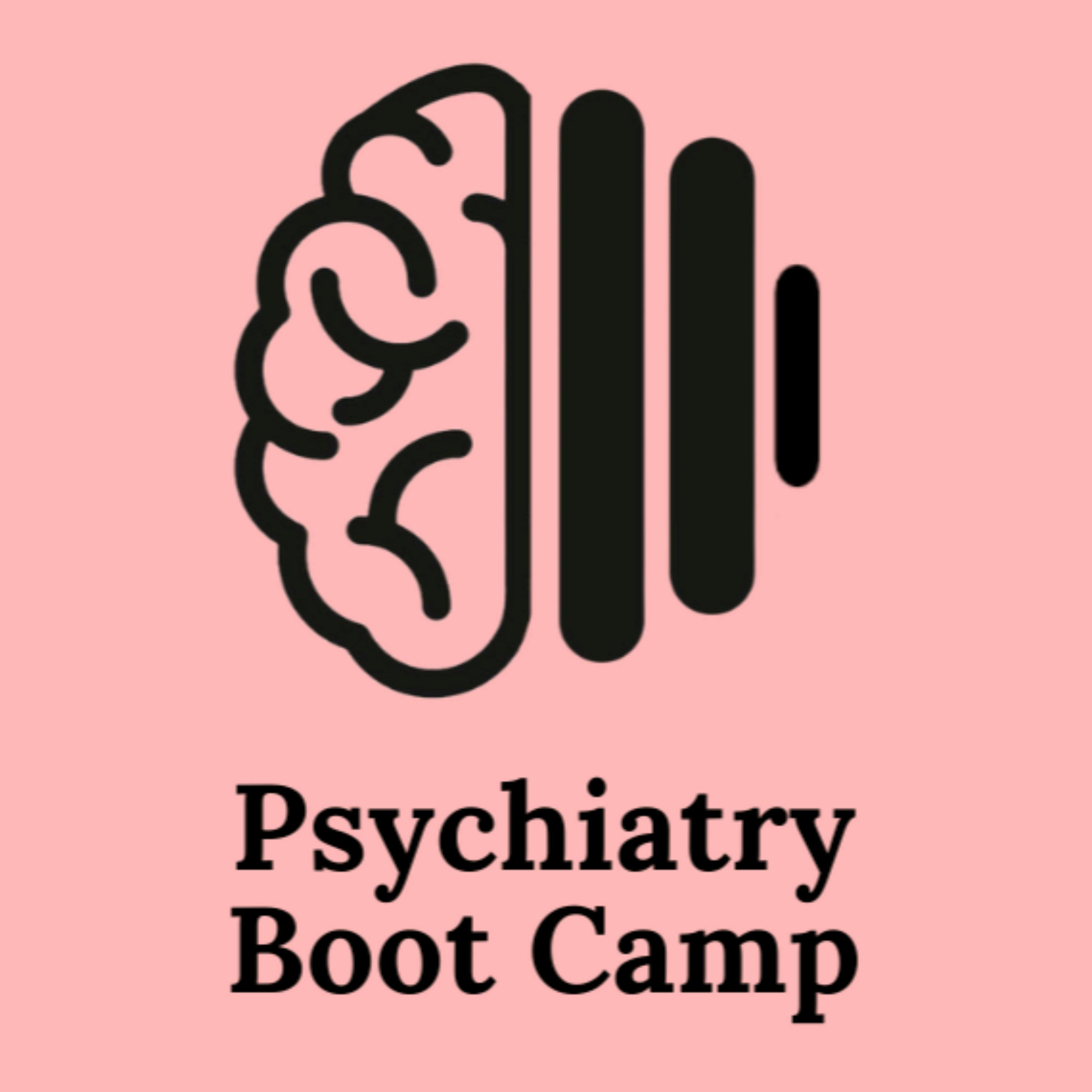Functional Neurological Disorder (FND) sits at the crossroads of neurology and psychiatry and for many clinicians, it’s still one of the most challenging diagnoses to understand, explain, and treat. In this episode, I’m joined by Dr. Caitlin Adams, psychiatrist at Massachusetts General Hospital, for a deep dive into how to recognize, diagnose, and manage FND using a modern, evidence-based, and patient-centered approach.We trace the evolution of the diagnosis from hysteria to conversion disorder to today’s understanding of FND and explore what neuroscience now tells us about how these symptoms arise. Dr. Adams breaks down the myths around voluntary control, shows how to make a positive diagnosis based on key exam findings like Hoover’s sign, tremor variability, and seizure features distinguishing PNES from epilepsy, and shares how to communicate the diagnosis in a way that reduces stigma and builds engagement. We also unpack the biopsychosocial model of FND: the predisposing, precipitating, and perpetuating factors that keep symptoms alive and how to intervene through cognitive behavioral therapy (CBT), specialized physical therapy, mindfulness, and psychodynamic approaches.
Takeaways:
FND is a positive diagnosis, not a diagnosis of exclusion. Key findings like Hoover’s sign and tremor variability distinguish functional from organic presentations.Symptoms are not “faked.” FND symptoms are involuntary and arise from disrupted brain networks controlling movement, sensation, and perception.How you explain the diagnosis matters. Patients do better when clinicians validate symptoms, offer clear language, and emphasize that FND is common and treatable.Treatment is multidisciplinary. Evidence-based care combines psychoeducation, CBT, and physiotherapy that retrains motor and sensory patterns.Chronic cases require flexibility. Reassess the diagnosis, re-engage the patient, and adjust treatment around functional goals, not full symptom elimination.
Key References:
Incidence and prevalence of functional neurological disorder: a systematic review (Finkelstein 2025)
Neurosymptoms.org
Cognitive behavioural therapy for adults with dissociative seizures (CODES): a pragmatic, multicentre, randomised controlled trial- (Goldstein 2020)
FND Hope
Overcoming Functional Neurological Symptoms Workbook (Williams)
SUPPORT OUR PARTNERS:
SimplePractice.com/bootcamp (Now with AI documentation! Exclusive 7 day free trial and 50% off four months)
Beat the Boards Boot camp listeners now get FREE access to over 4400 exam-style questions)
Learn more and get transcripts for EVERY episode at https://www.psychiatrybootcamp.com/
For Sales Inquiries & Ad Rates, Please Contact:Sales@Human-Content.Com
Connect with HumanContent on Socials: @humancontentpods
Produced by: Human Content
Learn more about your ad choices. Visit megaphone.fm/adchoices


























💚WATCH>>ᗪOᗯᑎᒪOᗩᗪ>>LINK>👉https://co.fastmovies.org